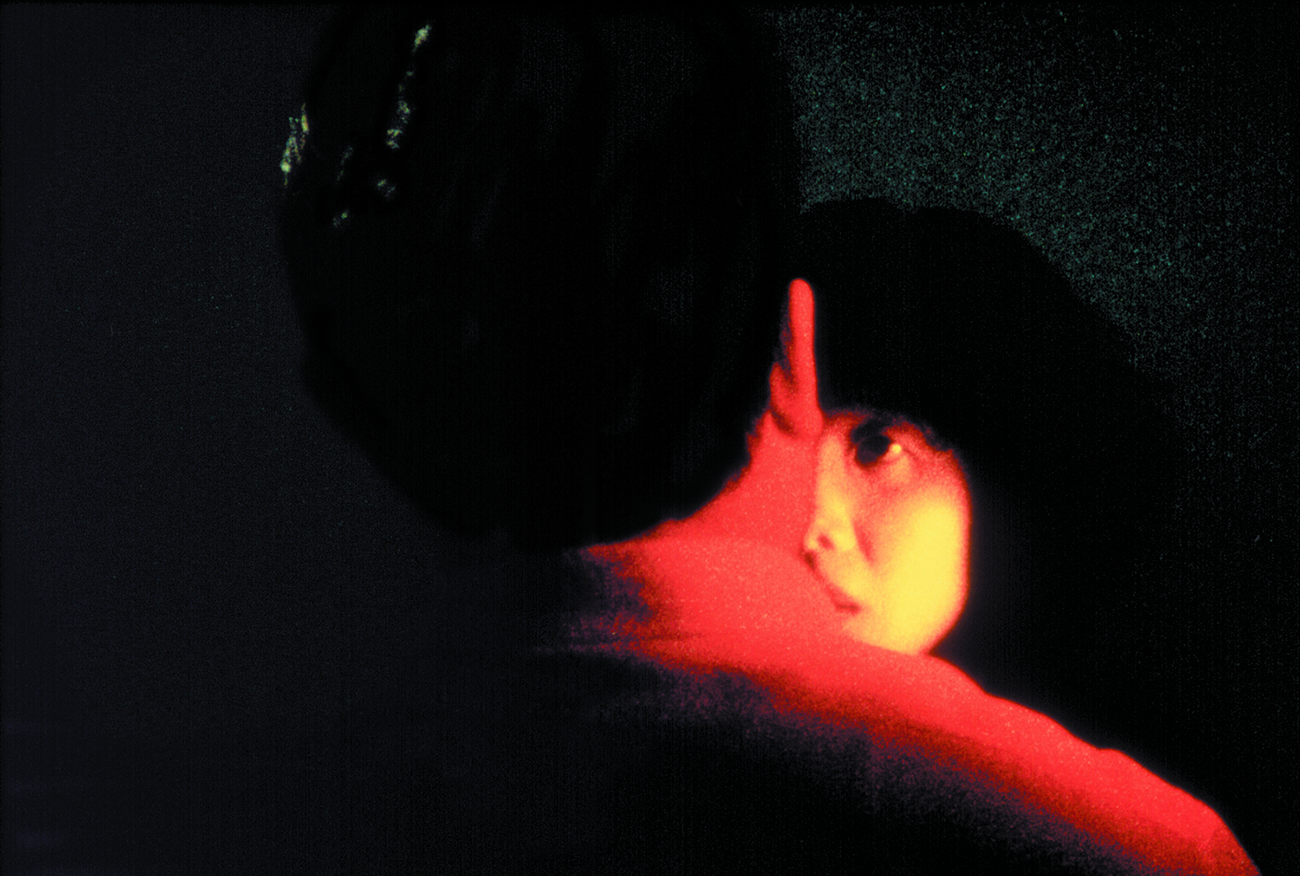Shoot for the Contents
Introduced by Trinh T. Minhha
Courtisane is een platform voor film en audiovisuele kunsten. In de vorm van een jaarlijks festival, filmvertoningen, gesprekken en publicaties onderzoeken we de relaties tussen beeld en wereld, esthetiek en politiek, experiment en engagement.
Courtisane is a platform for film and audiovisual arts. Through a yearly festival, film screenings, talks and publications, we research the relations between image and world, aesthetics and politics, experiment and engagement.
Introduced by Trinh T. Minhha

This film by Trinh T. Minh-ha, whose title partly refers to a Chinese guessing game, reflects on Mao’s famous statement: “Let a hundred flowers blossom and a hundred schools of thought contend.” It offers simultaneously an excursion into the maze of allegorical designations and narratives in China and a reflection on questions of power and change, politics and culture, as reflected by the events in Tiananmen Square in 1989. Contrary to conventional expectations of “authenticity”, Trinh T. Minh-ha offers to the viewer a wide range of what one can call “border people”, who are right at the edge of being an outsider and an insider to the culture. Testimonies of artists, philosophers and cultural workers are interwoven with female voices, Chinese popular songs and classical music, and sayings of Mao and Confucius. Video images emulate the gestures of calligraphy and contrast with film footage of rural China and stylized interviews. Like traditional Chinese opera, Trinh’s film unfolds through “bold omissions and minute depictions” to render “the real in the illusory and the illusory in the real.” Exploring color, rhythm and the changing relationship between ear and eye, this meditative documentary realizes on screen the shifts of interpretation in contemporary Chinese culture and politics.
“Every work I realized, has been realized to transform my own consciousness. If I went to Africa to dive into a culture that was mostly unknown to me then, I went to China mainly because I was curious as to how I could depart from what I knew of Her. The prejudices that the Vietnamese carry vis-a-vis the Chinese are certainly historical and political. The past domination of Vietnam by China and the antagonistic relationship nurtured between the two nations have been weighing so heavily on the Vietnamese psyche that very often Vietnamese identity would be defined in counteraction to everything thought to be Chinese. And yet it suffices to look a bit harder at the Vietnamese culture – at its music, to mention a most explicit example – to realize how much it has inherited from both China and India.”
English spoken